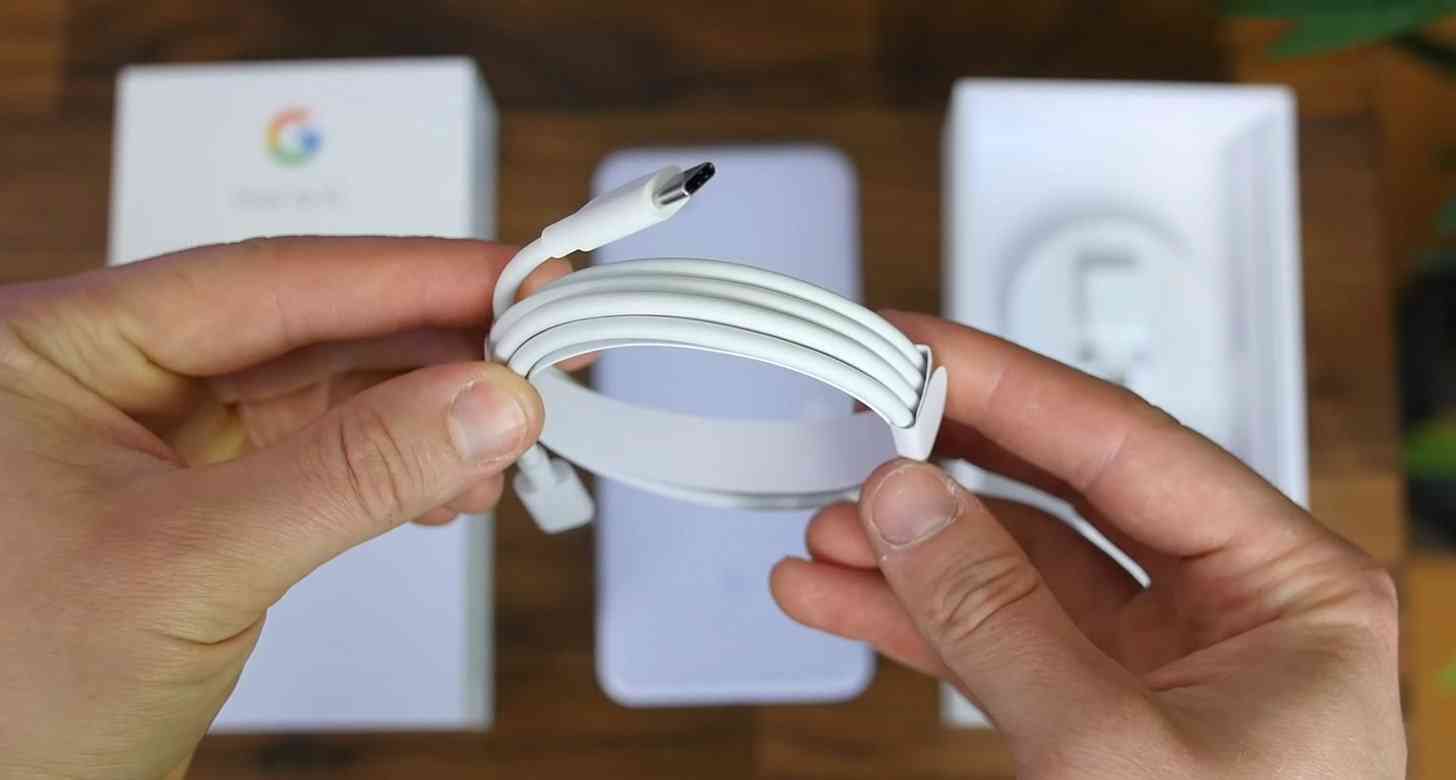
We learned earlier this month that the EU would be holding a vote to establish rules that would require mobile device makers to use a "common charger", and now that vote has taken place.
The European Parliament voted overwhelmingly in favor of the resolution, 582-40, which says that the European Commission that drafts EU laws should adopt these charger rules by July (via Reuters).
The resolution is focused on making sure consumers don't need a new charger for each device they buy and fighting electronic waste. In 2016, there were 16.6 kilograms (36.6 pounds) of e-waste per each person in the EU, which totaled 12.3 million tons.
Also stated in the resolution is that the European Commission should ensure that the legislative framework for the common charger should be reexamined regularly to take into account the progress of technology.
There hasn't been a specific charger named by the EU, but USB-C seems like the most probable option. Not only is it reversible, but it's newer than microUSB and is used by more brands than Lightning.
In its resolution, the European Parliament adds that wireless charging offers benefits like reducing e-waste and that the European Commission should work to ensure that wireless chargers work with a variety of mobile devices.
Apple recently responded to the EU's resolution to move to a common charger, saying that it could "stifle innovation", according to the Financial Times. "We hope the Commission will continue to seek a solution that does not restrict the industry’s ability to innovate and bring exciting new technology to customers," Apple added.
We're already seeing many Android smartphones switch to USB-C, but there are still some devices using microUSB, and of course Apple uses Lightning connectors for its iPhones. It would be a pretty big deal if Apple switch to USB-C for a future iPhone model, but this resolution passing doesn't guarantee that that'll happen. Apple might be able to get around the rules by including a Lightning to USB-C adapter in iPhone boxes in the EU. Rumors also suggest that Apple may go completely wireless with a future iPhone model.